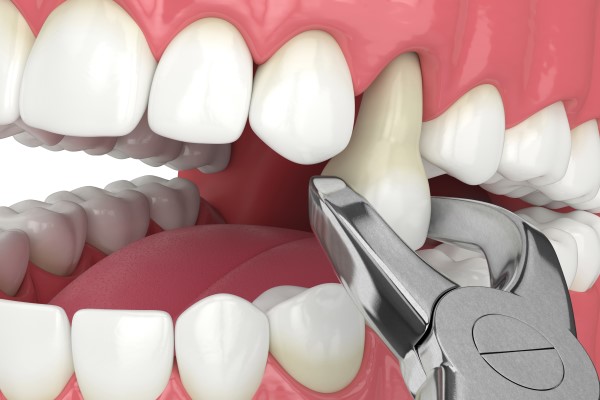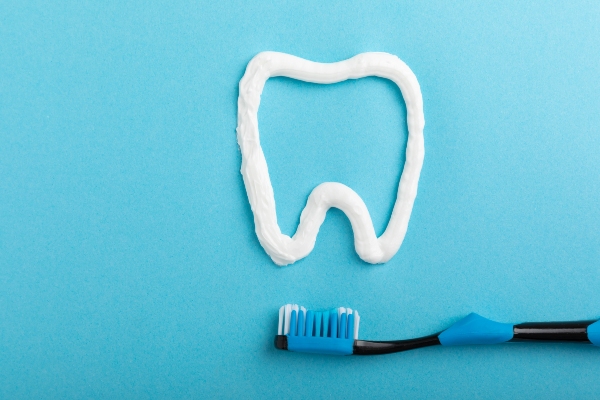What to Expect During a Tooth Extraction
The fear of dentists has been going on for a very long time. However, when you go to the dentist for , the anxiety and stress reach an entirely new level.
The best thing you can do to calm your fears is to be as informed as possible about what is going to happen. Ask your dentist as many questions you can think of and let them know if you are scared and uneasy. They will be sure to make you as comfortable as possible.
A tooth extraction is sometimes necessary. It can remove a decaying tooth and stop the decay from spreading to other healthy teeth.
Steps of a tooth extraction
You can ask your dentist to walk you through exactly what is going to happen and talk to you throughout the procedure. There are basic steps that should take place:
Your dentist will first make sure the area in, on, and around the tooth to be extracted is completely numb. You should not feel any pain at all. It is completely normal to feel pressure but if you feel any pain, let your dentist know immediately.
The dentist will use the tools to lift and loosen your tooth.
After the tooth is lifted and ready, your dentist will pull it from its socket and remove the tooth from your mouth.
A stitch will be placed over the opening in the gum to be sure it is closed to prevent infection.
The area will begin to heal.
The entire process is relatively quick, and you will be surprised at how easy it was. You will realize your fears were for nothing, and you will leave the office calm and relieved.
Follow-up care after tooth extraction
Your dentist will provide instructions on how to properly care for your mouth after the procedure. Be sure to follow them.
<ul class="bullet-list>
- Painkillers may be prescribed, or your dentist may recommend over-the-counter painkillers.
- Try to remember to bite down on the gauze pad over the area in your mouth to control the bleeding.
- You can put a cold compress on the area to help with any pain.
- Limit your activity for the first day after the extraction.
- Don’t rinse your mouth hard for at least 24 hours; your dentist most likely recommends rinsing with warm salt water but try not to rinse rough.
- Do not smoke. Smoking will slow down the healing process.
- You can brush your teeth normally but do not brush the extraction site.
The healing process is rather quick after extraction, and you will be back to normal within days.
A tooth extraction may sound like a scary procedure, but if you keep yourself well informed and talk over your fears with your dentist, you will be better prepared. Knowledge is power.
Do your research, and you will not be fearful of any dental procedures.
Request an appointment here: https://www.ohiocosmeticdentists.com or call Ohio Cosmetic Dentists at (614) 503-5240 for an appointment in our Columbus office.
Check out what others are saying about our dental services on Yelp: .
Recent Posts
This article discusses when a dentist may recommend tooth extractions after an accident occurs. Tooth extractions may be necessary after a dental emergency if teeth are damaged beyond what dental restorations can address or if the teeth cannot be repositioned in their sockets properly.A dental emergency can happen at the most unexpected times. It is…
A cracked tooth may be a dental emergency if certain more severe symptoms develop. Although not every cracked tooth requires immediate attention, it is important to understand the more serious symptoms that indicate a cracked tooth is a dental emergency and requires prompt care.If your cracked tooth causes a high level of discomfort or increases…
A dental abscess needs emergency dental care. It is a tooth infection that starts in the mouth and can spread to the face, jaw or throat. The condition can be caused by a cracked tooth, periodontal disease, deep cavity or due to recent dental procedures such as extractions and implants. In most cases, the infection…
Although losing a permanent tooth can be a troubling experience emergency, there are various options for replacing missing teeth. Determining the right option to restore a smile depends on a patient's unique needs and preferences. Ask your dentist which treatment method is best for you.Dental implants require placing screws in your jawbone before a crown…


